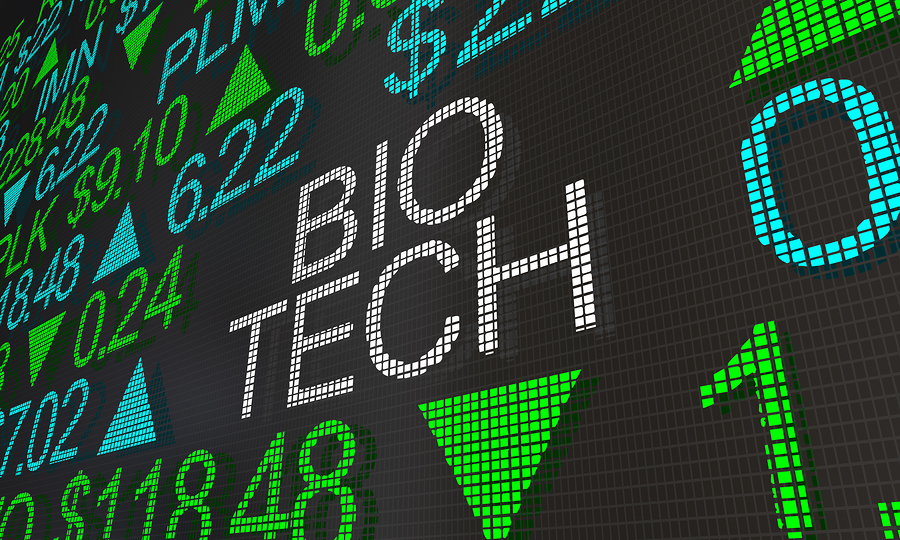AstraZeneca plc (NYSE: AZN) has struck a new global development and commercialization agreement with Daiichi Sankyo Company (OTCMKTS: SKYF) that could be worth up to $6 billion. The agreement focuses on DS-1062, Daiichi Sankyo’s proprietary trophoblast cell-surface antigen 2 (TROP2)-directed antibody-drug conjugate (ADC), and potential new medicine for the treatment of multiple tumor types.
AstraZeneca will pay $1 billion in staged payments over 24 months, and up to $5 billion for the successful achievement of regulatory approvals and sales-related milestones.
The companies will jointly develop and commercialize DS-1062 worldwide, except in Japan where Daiichi Sankyo will maintain exclusive rights. AstraZeneca and Daiichi Sankyo will share equally development and commercialization expenses as well as profits relating to DS-1062 worldwide, except for Japan.
This new collaboration is not the first time the biopharma companies have worked together, according to DSO. In March 2019, AstraZeneca and Daiichi Sankyo signed a global development and commercialization collaboration agreement for trastuzumab deruxtecan (DS-8201), a proprietary antibody-drug conjugate (ADC) and potential new targeted medicine for cancer treatment.
AstraZeneca agreed to pay $1.35 billion upfront in that deal, half at the time of signing and half in March 2020. Daiichi Sankyo is also eligible to get $5.55 billion in potential future regulatory milestone payments.
The companies agreed to jointly develop and commercialize trastuzumab deruxtecan worldwide, except in Japan where Daiichi Sankyo will maintain exclusive rights. The collaboration aligned with AstraZeneca’s science-led strategy in oncology, which is based on four key scientific platforms: tumor drivers & resistance, DNA damage response, immuno-oncology, and ADCs.
AstraZeneca has had a busy 2020, racing to develop a COVID-19 vaccine, so it’s interesting to see it continue with other ventures at the same time. The company has been working with the contract development and manufacturing company Emergent BioSolutions to develop a vaccine, striking a pair of manufacturing agreements valued at $261 million.

